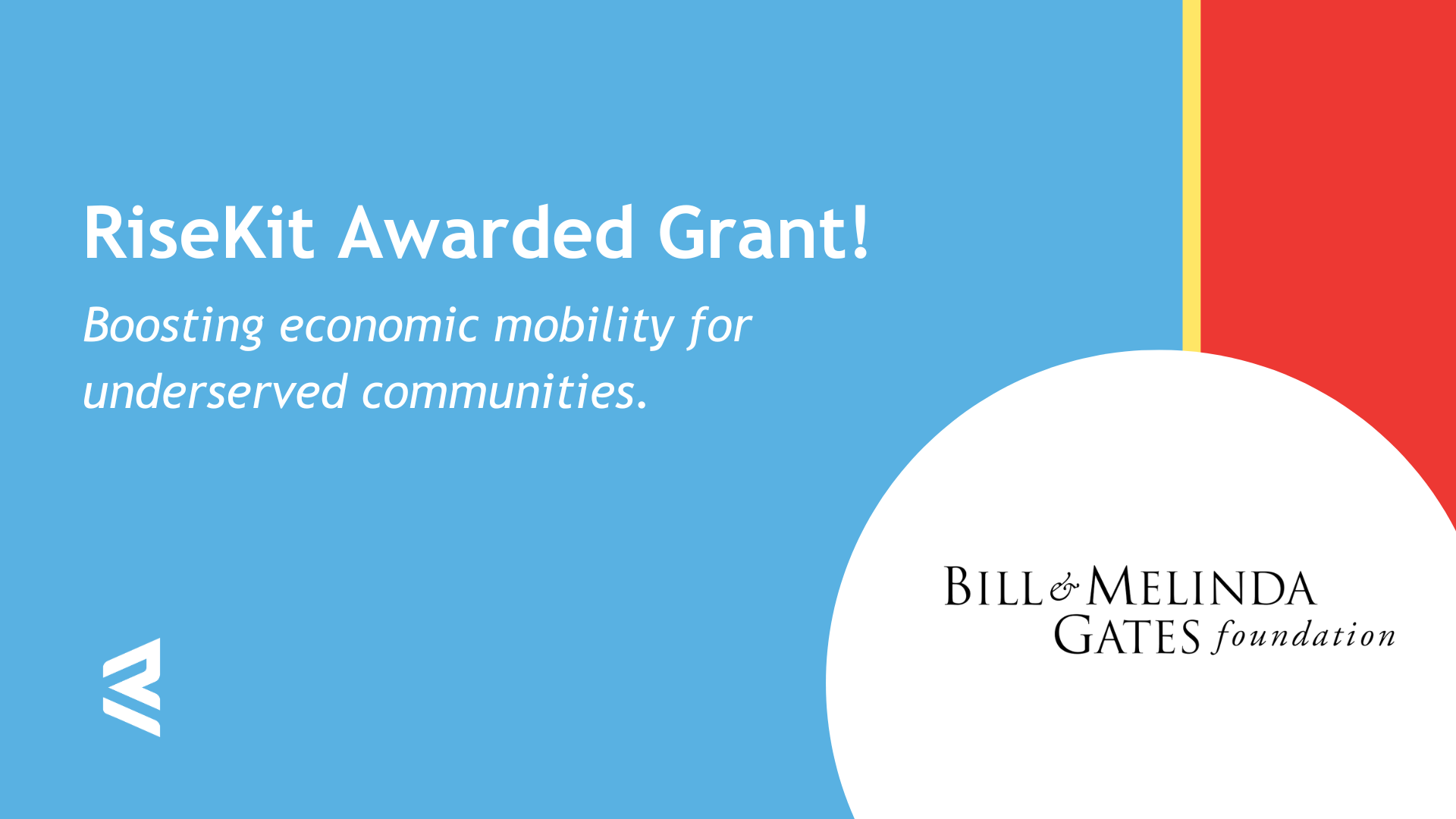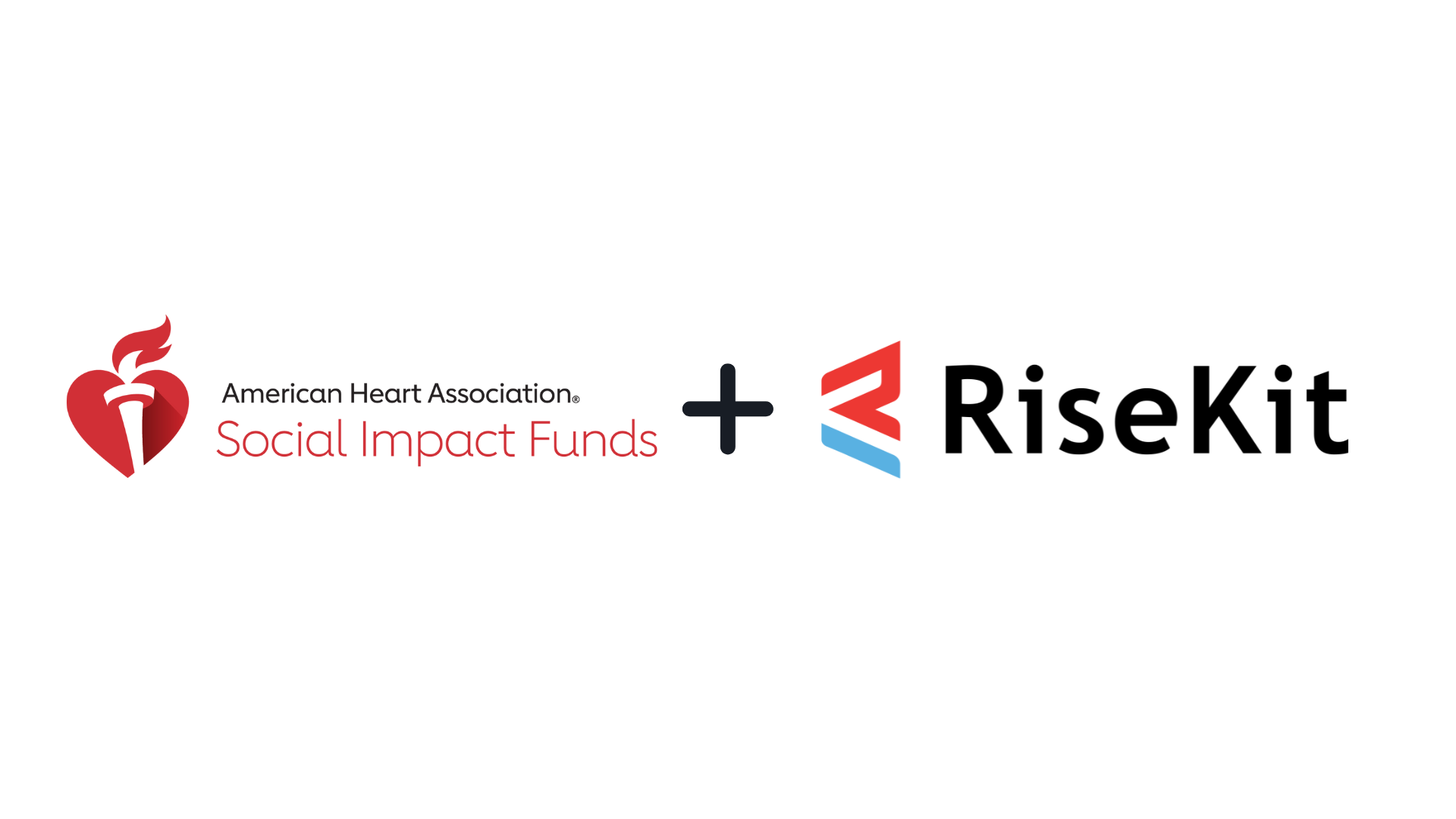How RiseKit's AI Enhances Skills-Based Hiring for Social Impact
Published:
In today's competitive job market, employers are faced with a fragmented recruitment landscape that often hinders their ability to tap into diverse talent efficiently. Traditional hiring methods fall short, making it challenging to leverage the full potential of workforce training and education programs. RiseKit, recognizing the need for innovation in skills-based hiring, introduces its recommendation engine powered by artificial intelligence (AI) to bridge the gap between job seekers, nonprofits, and employers.
AI for Good
Artificial intelligence has become a transformative force across various industries, including the social sector. RiseKit leverages AI to break down barriers and promote inclusivity in job placement. By reaching candidates in hard-to-reach communities, AI ensures that job opportunities are accessible to all, contributing significantly to positive community and individual impacts.
What is Skills-Based Hiring?
Skills-based hiring prioritizes an individual's skills, abilities, and competencies over traditional qualifications like degrees or certifications. This approach expands the talent pool, demonstrating a commitment to equity goals and fostering inclusive hiring practices. RiseKit's recommendation engine utilizes a skills-based matching algorithm, connecting job seekers' learned skills directly with employer needs.
Approximately 62% of the American population lacks a degree, emphasizing the need for employers to embrace skills-based hiring. However, this shift goes beyond simply adjusting job postings to remove degree requirements; it requires a deep commitment and tactical action across the organization to achieve actual hiring outcomes and measurable value.
Why Skills-Based Hiring is Challenging to Adopt
Adopting skills-based hiring faces barriers such as accessing diverse talent pools and reliance on systems that filter out qualified candidates. Traditional metrics focus on minimizing costs rather than maximizing human asset potential, hindering the adoption of innovative hiring practices.
- Struggle to Access Diverse Talent Pools: Many employers face challenges accessing diverse talent through traditional recruiting channels. Untapped talent often exists outside these platforms, requiring engagement through community partners for a more inclusive approach.
- Filtering Systems: Applicant Tracking Systems (ATS) are designed to enhance efficiency and cost optimization in the hiring process. However, these systems tend to filter out candidates based on specific credentials, inadvertently contributing to exclusivity rather than inclusivity.
- Current Infrastructure Limitations: Existing job descriptions often lack specificity, making it challenging to translate them into measurable skills. The broad nature of job descriptions complicates the skills-based hiring process, as the current infrastructure struggles to accurately assess and match candidates' abilities with employer needs.
- Need for Hands-On Support and Tools: There is a growing need for more hands-on support and tools that provide prescriptive guidance to assist employers in adopting skills-based hiring. The lack of readily available resources and guidance hampers the smooth transition to this innovative hiring approach.
The Impact of Shifting Towards Skills-Based Hiring
Shifting towards skills-based hiring offers several benefits:
- Deeper Insights: Companies can harness AI for good by creating a model where companies can gain deeper insights into the background and skills of current employees that contribute to their success. This information can then serve as a framework for hiring based on skills and demonstrated competencies rather than relying solely on credentials.
- New Metrics: Companies can establish new metrics for evaluating talent acquisition, emphasizing human asset maximization rather than expense minimization.
- Enhanced Retention: Companies practicing skills-based hiring experience a 10% higher two-year retention rate compared to those prioritizing college degrees, leading to tangible business impact amid rising attrition costs.
Unlocking Untapped Talent with RiseKit
RiseKit acknowledges these challenges and offers a solution to utilize AI to tackle these barriers and streamline the adoption of skills-based hiring. Understanding the hurdles in adopting skills-based hiring practices, RiseKit's recommendation engine functions as a potent tool for both nonprofits and employers, addressing the unique challenges each encounters during the hiring process. This feature goes beyond altering job descriptions, empowering employers to make intentional changes in their hiring processes for lasting results.
For Nonprofits: Enhancing Placement Outcomes
Nonprofit organizations play a crucial role in supporting communities and individuals in need. However, one common challenge they face is efficiently placing candidates into suitable jobs. RiseKit's recommendation engine offers a solution by automating the matching process, ensuring that nonprofits can identify the right opportunities for their candidates swiftly and accurately.
For Employers: Accessing Untapped Talent
For employers, navigating a vast pool of potential candidates can be overwhelming. RiseKit's AI recommendation engine simplifies the process, providing employers with a tailored selection of candidates whose skills align seamlessly with job requirements. This not only saves time but also enhances the likelihood of finding the perfect match.
Conclusion
RiseKit's commitment to leveraging AI for social good is evident in its recommendation engine, streamlining skills-based matching and contributing to a more efficient, inclusive, and impactful workforce ecosystem. As AI continues to drive positive change in the social sector, RiseKit sets a new standard for breaking down barriers in workforce recruitment, promising a future of greater opportunities for individuals and communities alike.
.png)




